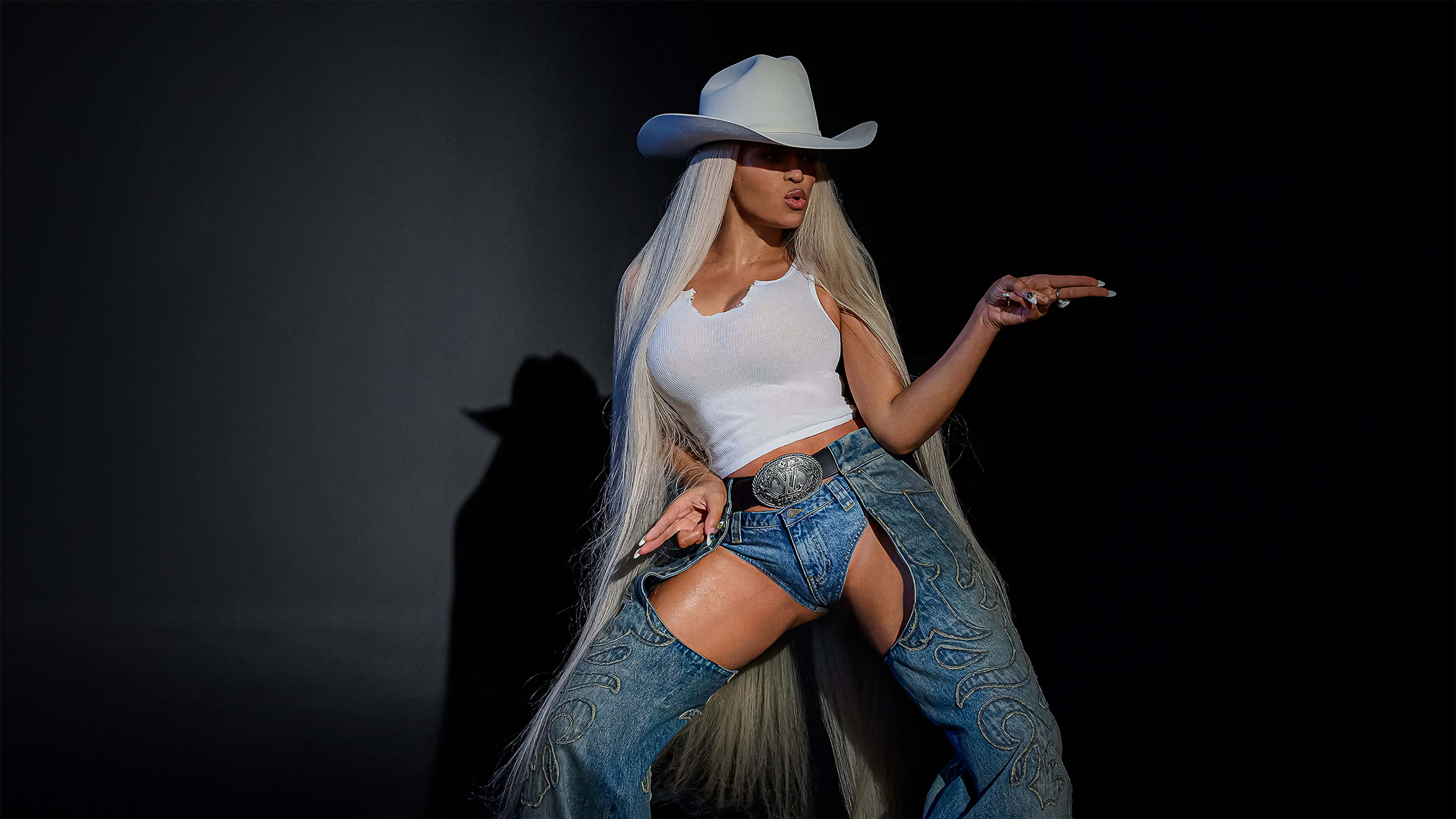By Javon Dimitri
- There are increasing efforts to aid Black female entrepreneurs through the pandemic with an uptick in women-focused funds
- Since 2007, the number of firms owned by African-American women has grown by 164%
The global coronavirus pandemic has pulled down most of the U.S. economy, and pushed the timeline up on conversations and solutions on how Black women in business have been impacted. Since 2007, the number of companies owned by African-American women has grown by 164%, far outpacing their counterparts. Despite the hustle, these minority women are being shut out when it comes to access to capital, something desperately needed during these unprecedented times.
Why This Matters: The negative effects from the pandemic has only been a fraction of what has truly stopped Black businesses from being prosperous, which include but are not limited to, poor investments and the lack of capital from financial institutions. Black women rarely receive VC funding. From 2009 to 2017, black women only raised $289 million, or 0.0006% of the total $424.7 billion of venture capital funding, ProjectDiane found. There are increasing efforts to aid Black female entrepreneurs through the pandemic with an uptick in women-focused funds, such as Shea Moistures $1 million COVID-19 relief fund, Black Women Talk Tech, Black Girl Ventures, and Twenty65.
Addressing these short-term lending gaps is crucial to ensuring that black-owned businesses will stay in business long enough to survive the pandemic
For Black women led businesses this pandemic has been more exceptionally more difficult, primarily because they are starting businesses quicker than any racial group, according to research by American Express. Unfortunately, more than 90% of small businesses in majority Black communities only hold cash reserves that are equal to less than two weeks of operating capital, so they are more likely to run out of cash when customers stay at home. Moreover, a fair amount of Black owned businesses are concentrated in only a few areas or states with larger African-American populations, such as New York, Delaware, Washington D.C and Georgia to name a few.
Situational Awareness: The majority of businesses owned by Black women face even tougher challenges since nearly half of their businesses are in industries including administrative and support services, health care, social assistance and retail that are bearing the brunt of this pandemic. Addressing these short-term lending gaps is crucial to ensuring that black-owned businesses will stay in business long enough to survive the pandemic.
CBx Vibe: “Why I Still Love You” Missy Elliott









